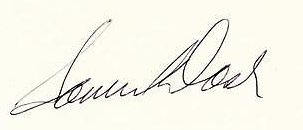A Quote by Frederic Bastiat
Sometimes the law defends plunder and participates in it. Sometimes the law places the whole apparatus of judges, police, prisons and gendarmes at the service of the plunderers, and treats the victim - when he defends himself - as a criminal.
Related Quotes
Cleverly assorted scraps of spurious science are inculcated upon the children to prove necessity of law; obedience to the law is made a religion; moral goodness and the law of the masters are fused into one and the same divinity. The historical hero of the schoolroom is the man who obeys the law, and defends it against rebels.
Our government is the potent, the omnipresent teacher. For good or for ill it teaches the whole people by example. Crime is contagious. If the government becomes a lawbreaker, it breeds contempt for law; it invites every man to become a law unto himself; it invites anarchy. To declare that in the administration of the criminal law the end justifies the means - to declare that the Government may commit crimes in order to secure the conviction of a private criminal - would bring terrible retributions.
We have to call out the lawmakers and law officials, the state and city reps, DAs, judges, politicians, police unions - everybody who deems themselves and enforcer of the law has to be held accountable. Justice is demanded. Sustainable change is necessary. But we know that we all have to continue to do our part in the community.




































